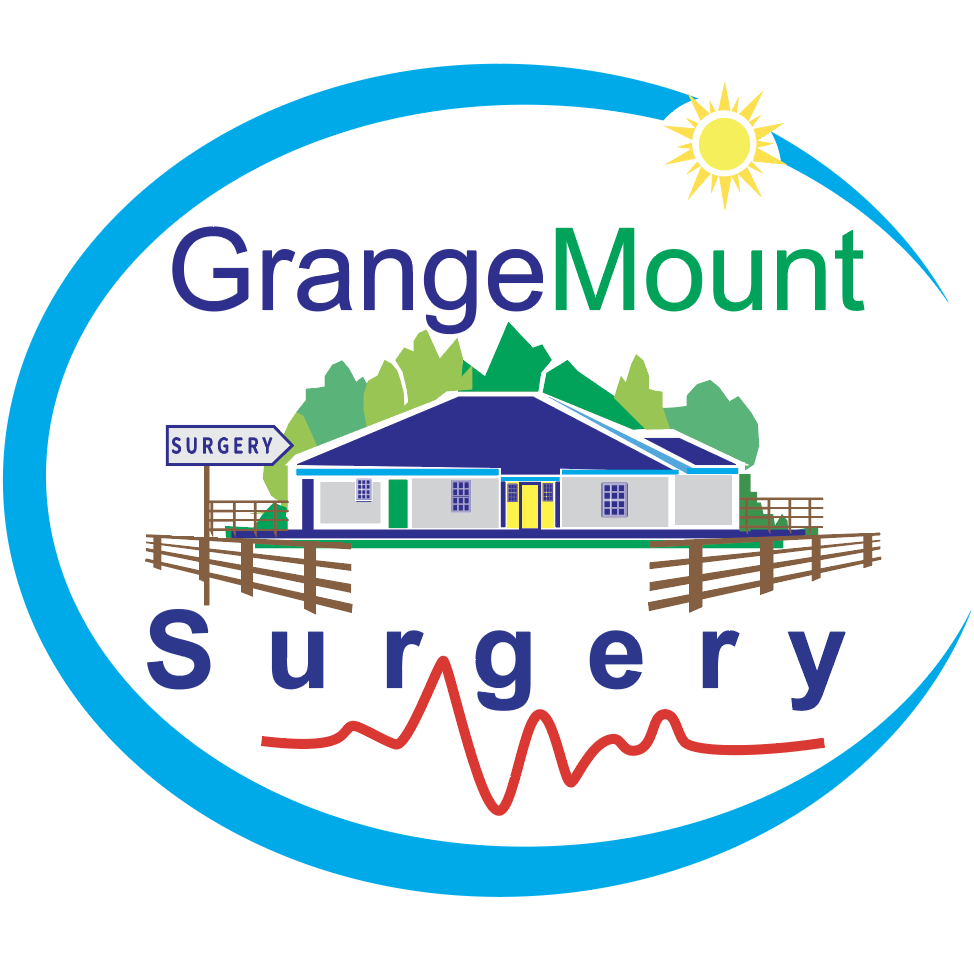Grangemount Surgery has evolved into more than just a medical facility; it now serves as a vital component of the neighborhood. Located in Dublin’s Ring Commons, this medical practice provides services that are remarkably comparable in scope to those of larger city clinics while maintaining the coziness of a neighborhood setting. When patients enter, they experience more than just appointments—they experience genuine connection and compassion in addition to efficiency. This is noticeably better care in a time when medicine is frequently hurried.
Nearly every stage of life is addressed by the remarkably effective range of services offered. Daily healthcare management, including immunizations, routine examinations, and chronic illness treatment, is ensured by general practice. Support for women’s health, which includes family planning guidance, cervical screenings, and prenatal care, is especially helpful. Children are also given priority, with developmental evaluations and vaccinations serving as particularly obvious markers of normal development. Offering counseling, support groups, and prescription management, mental health services are equally important and provide a comforting indication that the clinic views health as a whole.
Grangemount Surgery Information Table
| Category | Details |
|---|---|
| Name | Grangemount Surgery |
| Location | Grangemount, Ring Commons, Dublin, Ireland, K32 WK07 |
| Phone | +353 1 841 2259 |
| Services Offered | General Practice, Women’s Health, Child Health, Mental Health, Minor Surgery |
| Opening Hours | Mon–Fri: 08:00–18:00; Sat: 08:00–13:00; Sun: 09:00–13:00 |
| Facilities | Modern equipment, counselling rooms, online bookings, prescription renewals |
| Approach | Patient-centered, supportive, community-focused |
| Reference |
Grangemount Surgery’s ability to combine tradition and technology is what sets it apart. Patients never feel like they are just numbers on a screen, even though they can easily schedule appointments online or request repeat prescriptions. The employees are able to strike a balance between having very effective systems and a very individualized approach. For many, this is emotionally affordable healthcare that restores dignity while saving time and stress.
The fact that minor surgical procedures are included further emphasizes how extremely versatile the practice is. These services, which range from joint injections and wound care to skin lesion removal, greatly lessen the need for patients to travel to overcrowded hospitals. In Dublin’s medical environment, this type of decentralized healthcare has emerged as a particularly creative solution that relieves hospital pressure while maintaining access to care.
One theme that frequently emerges from patient conversations is trust. Families who have been going to the surgery for decades say it is very dependable for both routine visits and emergencies. Bringing her child here was like “handing them to extended family,” according to one local parent. It takes years of consistency, care, and attention to develop that kind of sentiment, which is incredibly effective at fostering loyalty.
Demand for access to healthcare has increased in Ireland in recent years, especially during and after the pandemic. When larger facilities were overburdened, practices like Grangemount Surgery became safety nets for their communities. The surgery made sure that no patient felt abandoned by maintaining flexible hours, including weekends. Even under extreme pressure, that dedication held up remarkably well.
Localized, relationship-driven care backed by digital convenience is what practices like this have been doing for years, and the larger healthcare sector is gradually catching up. Policymakers throughout Europe have been debating the need for primary care to assume greater responsibility; Grangemount Surgery is a remarkably similar illustration of how this change is already being implemented. The clinic has greatly decreased hospital referrals by consolidating services under one roof, while still providing incredibly clear pathways for specialized treatment when necessary.
The significance of community care has frequently been emphasized by public figures. Former Irish health ministers have emphasized the importance of these surgeries as initial points of contact, and international advocates like the Gates Foundation have highlighted the transformative power of easily accessible primary care. This idea is exemplified by Grangemount Surgery, which demonstrates how a neighborhood clinic can develop into a center of resilience and stop minor problems from turning into hospital emergencies.
In a nation that still struggles with stigma, the mental health services provided here are especially cutting edge. The clinic sends a strong message that mental and physical health are equally important by normalizing access within the same building as physical healthcare. Patients have reported that this integration has a profoundly positive impact on their decision to seek help sooner, which has repercussions for families and communities.
The symbolic significance of such a practice cannot be disregarded. A surgery like Grangemount provides more than just appointments in Dublin, where life is getting faster by the day. It also provides reassurance. Teenagers can ask uncomfortable but necessary questions without fear of repercussions, seniors can find continuity there, and new parents can bring their babies for the first time. This continuity is especially helpful for preserving social and physical well-being.
The practice’s ethos is reflected in its design. Although the setting avoids the icy sterility frequently connected with medical facilities, modern facilities inspire confidence. Rather, it feels community-driven, approachable, and grounded. In addition to their medical expertise, staff members are exceptionally good at reassuring patients. Patients frequently comment on how they feel empowered rather than overwhelmed by incredibly clear explanations.

